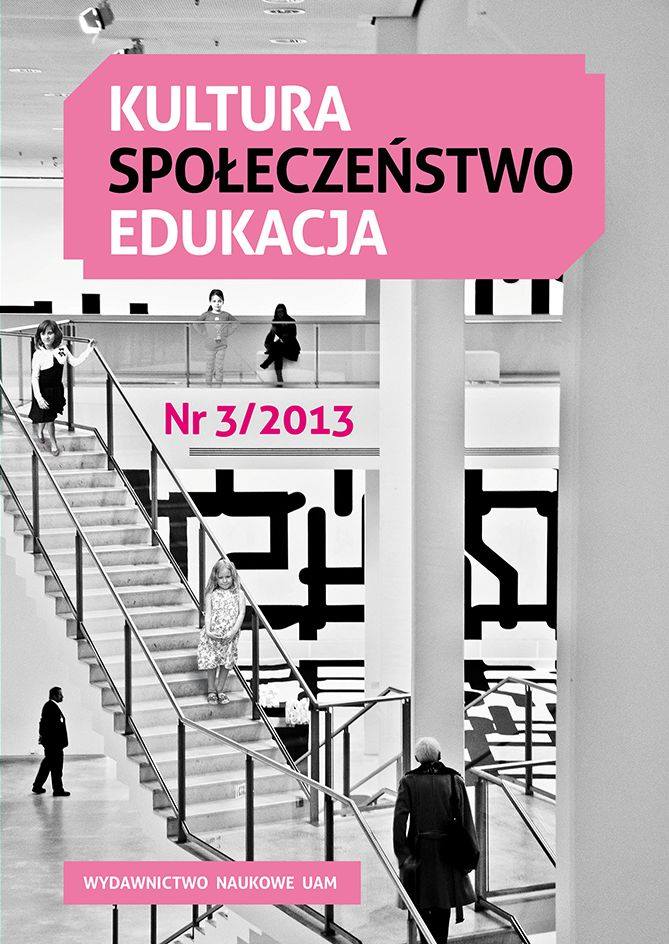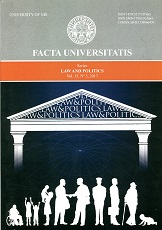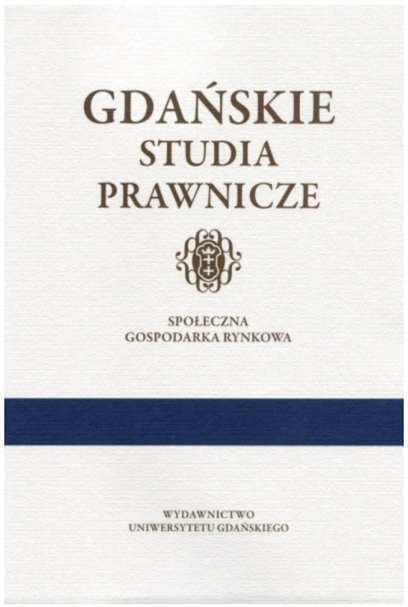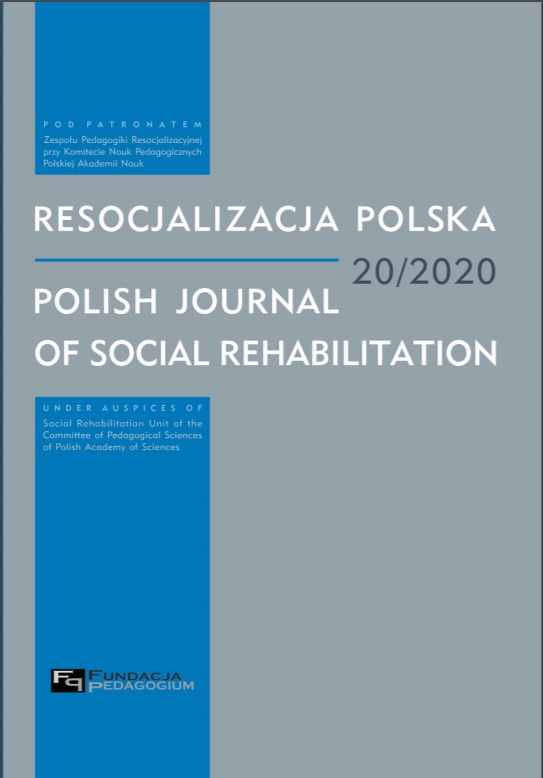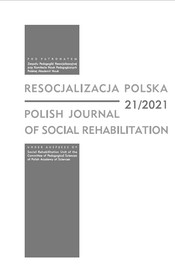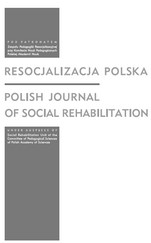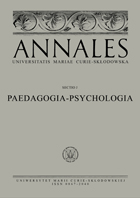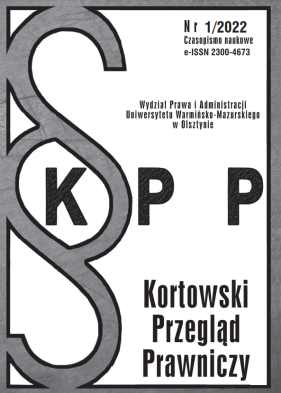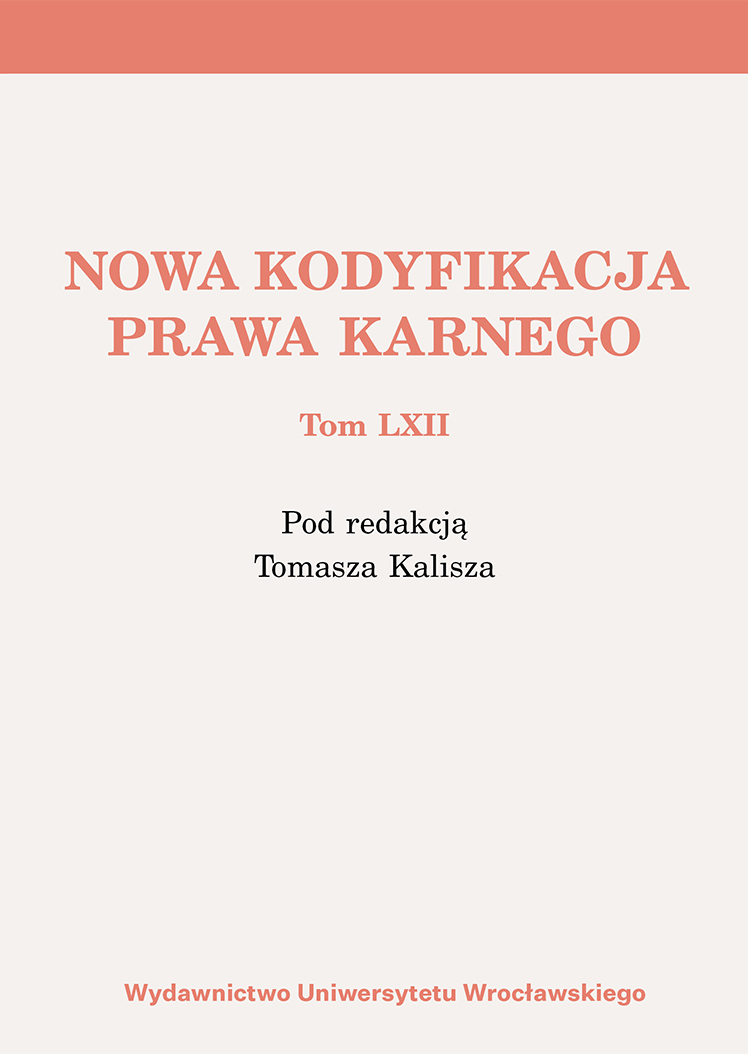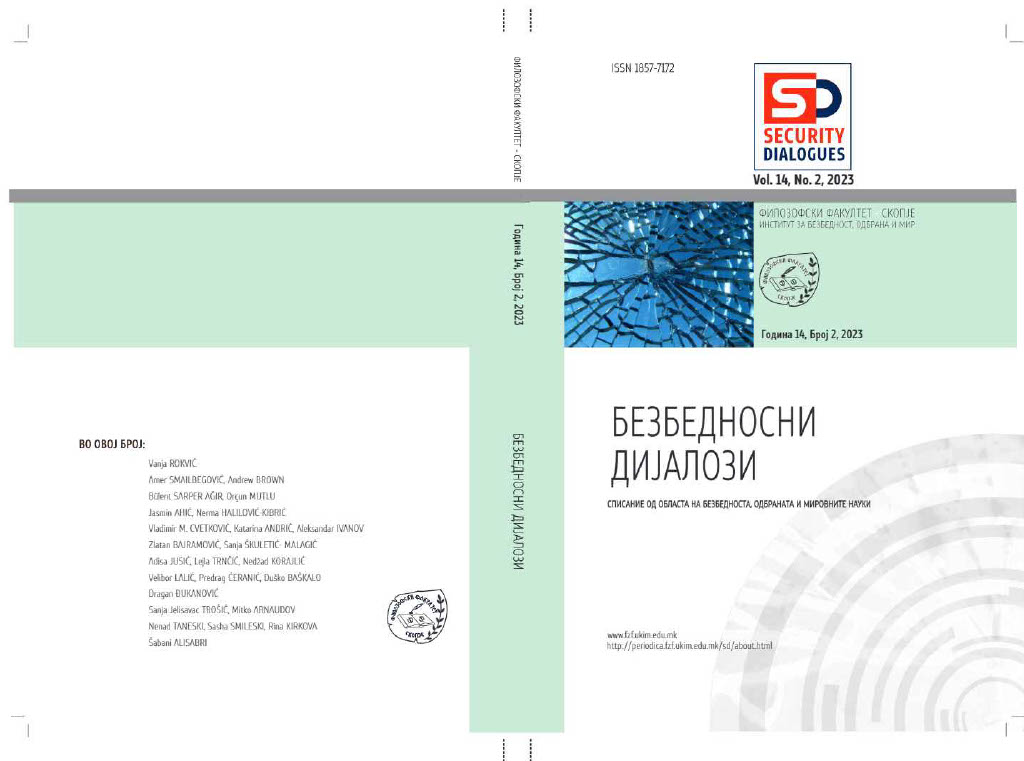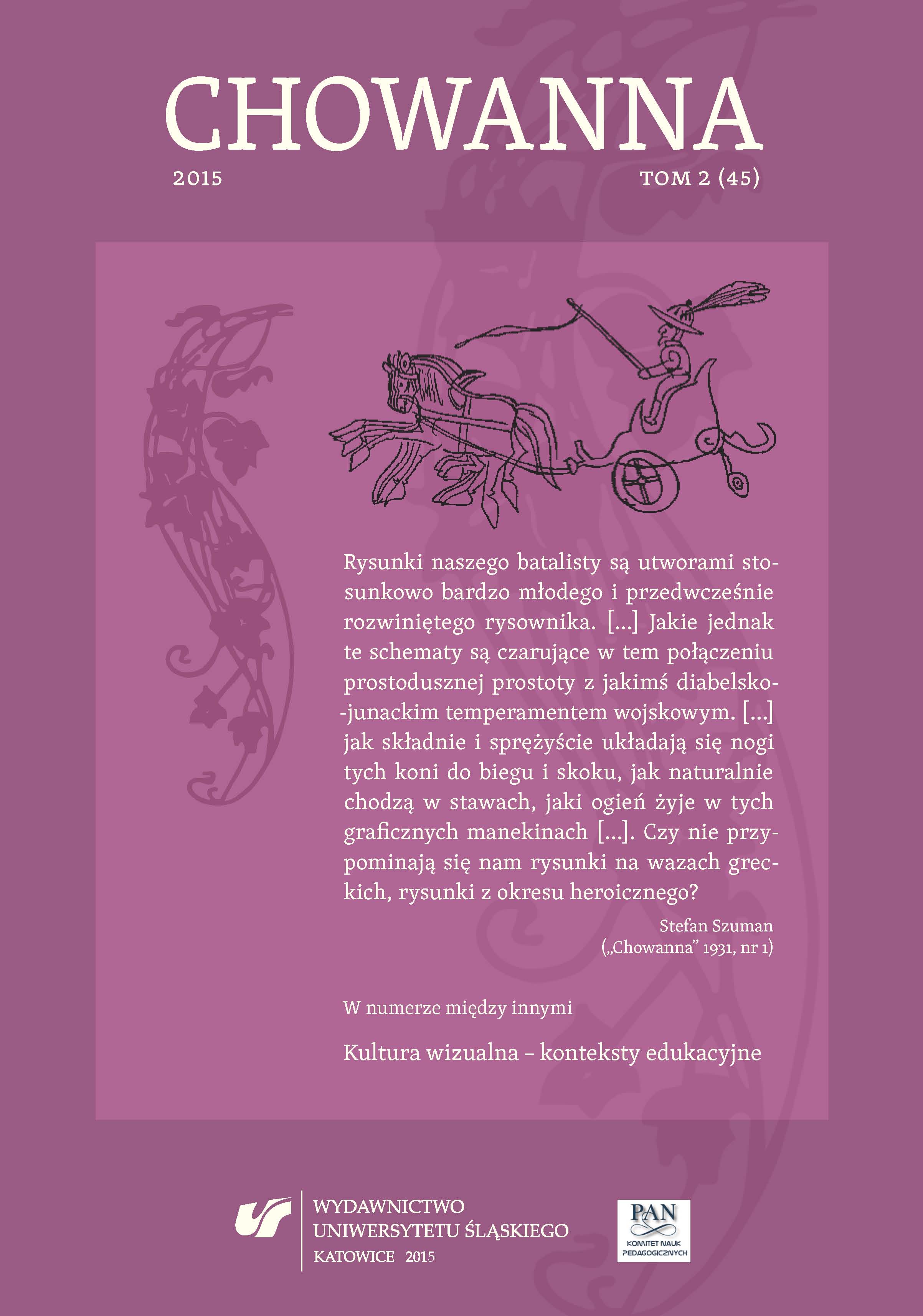
Juvenile Delinquency in Poland. Dimensions and Selected Forms of Response
This paper provides data concerning the scale (dimensions), dynamics, and structure of deprivation, as well as penal acts committed by juveniles over the period 2000−2012. The research results presented here are the author’s own elaboration of the data from the Statistics Department of the Ministry of Justice in Warsaw. The prevention of juvenile deprivation and delinquency requires the use of countermeasures against these issues on an individual and collective basis and against the deterioration processes. For several years, there has been observed an increasing interest rate regarding activities aimed at preventing and reducing many worrisome behaviors among children and youth. Focusing on this issue can be explained when looking at police or court statistics that each year show a growing number of juveniles reaching for alcohol or other intoxicants, starting sexual activity early, committing brutal acts of aggression and criminal acts.
More...
